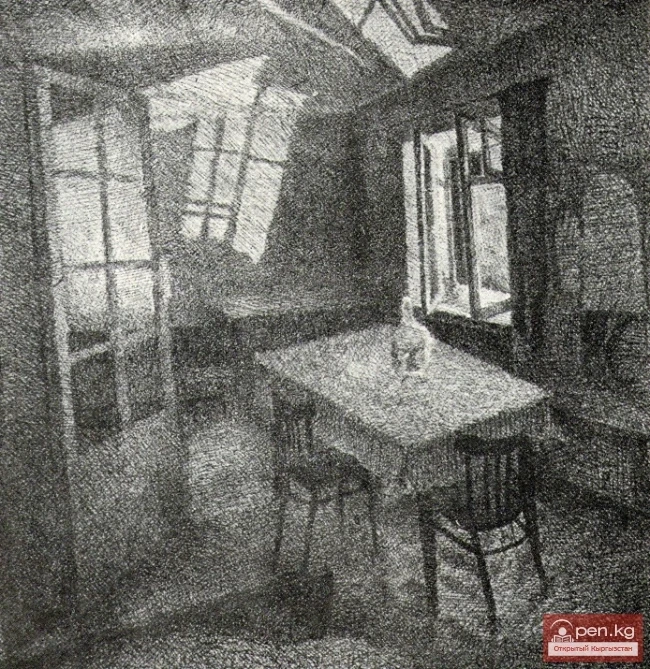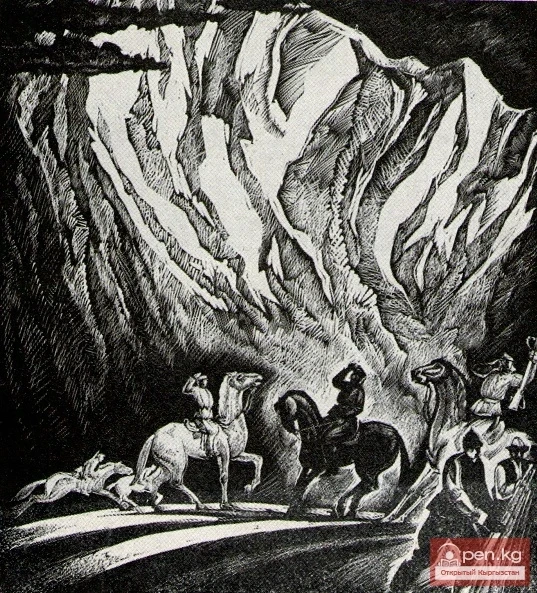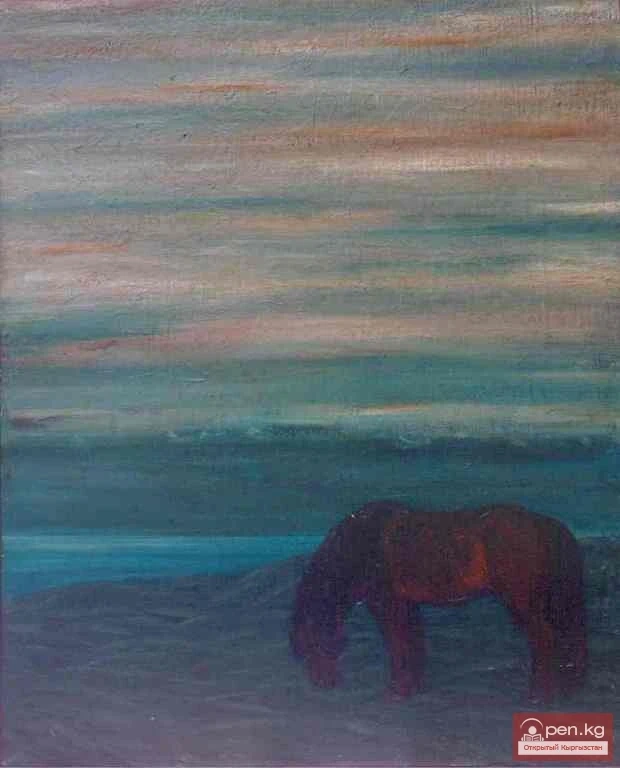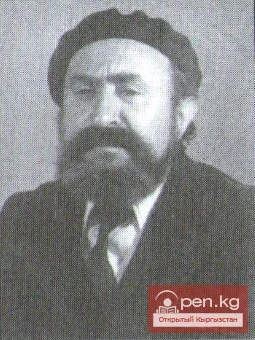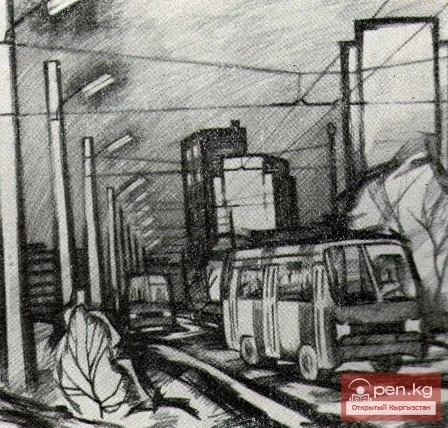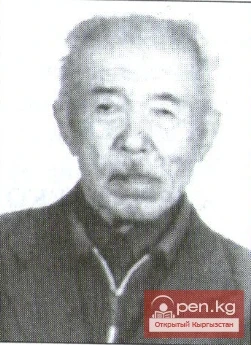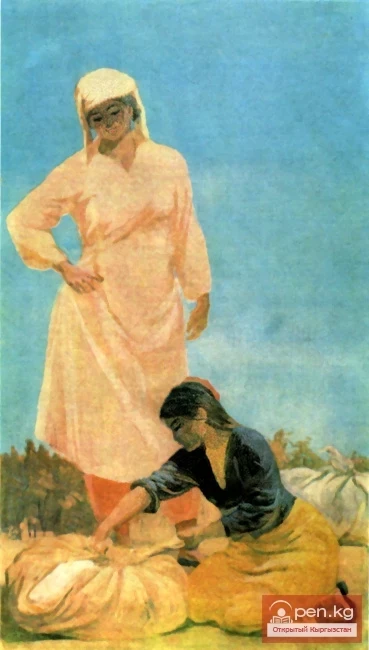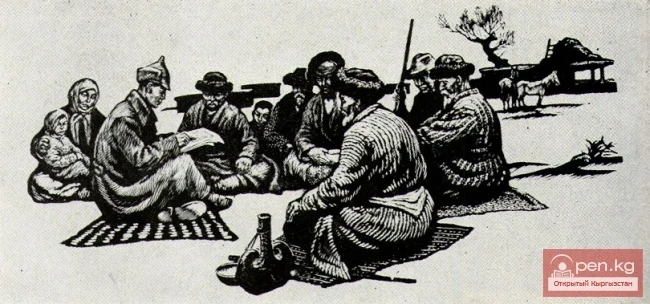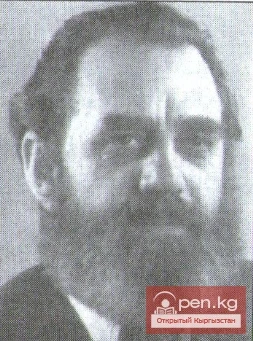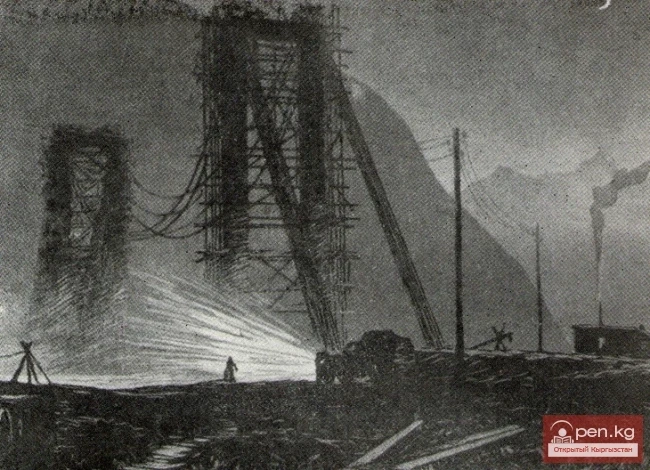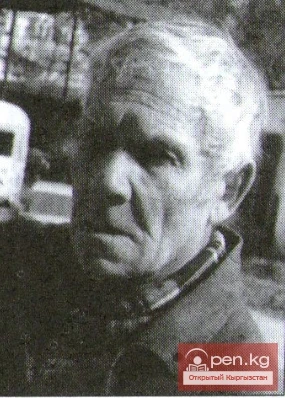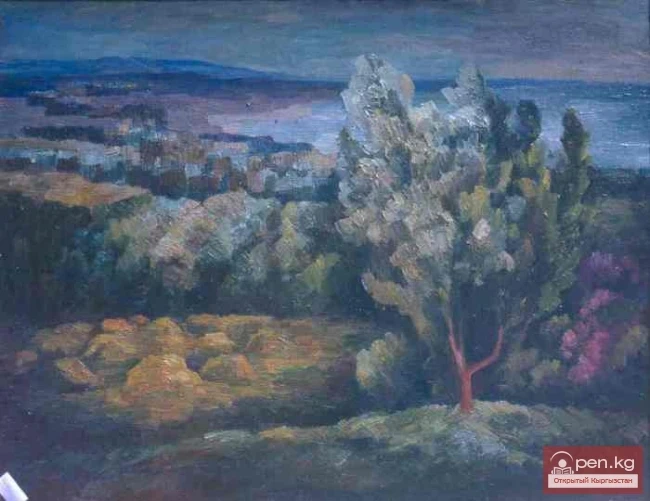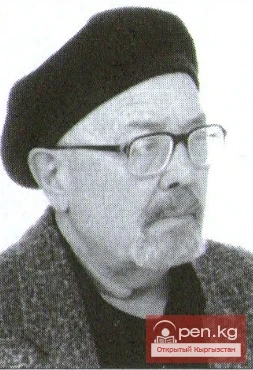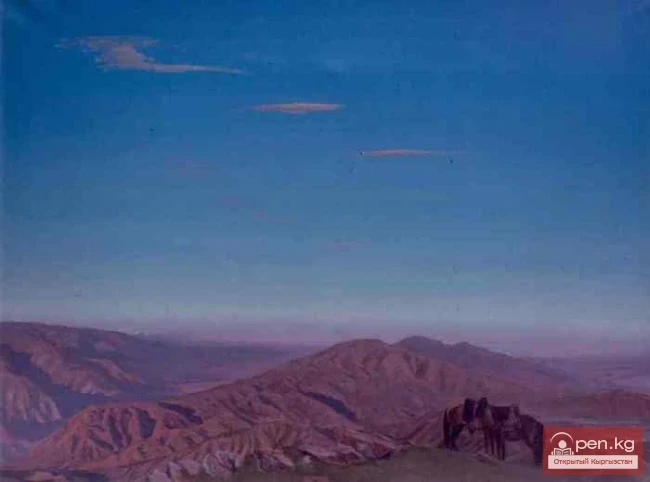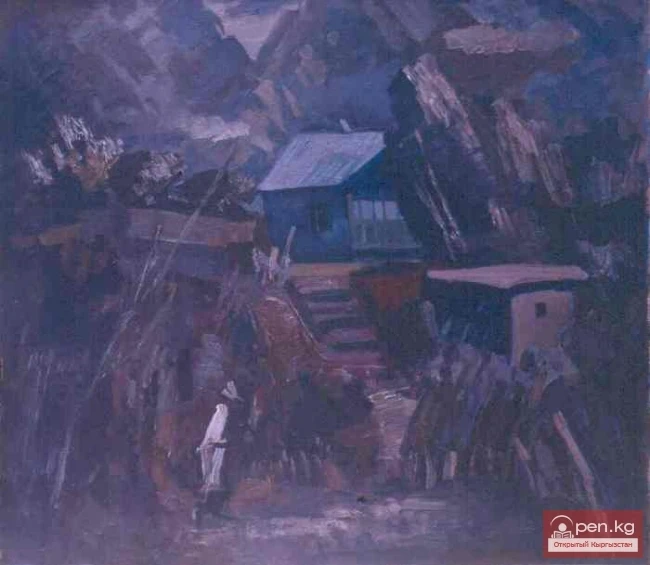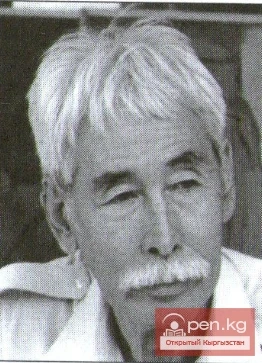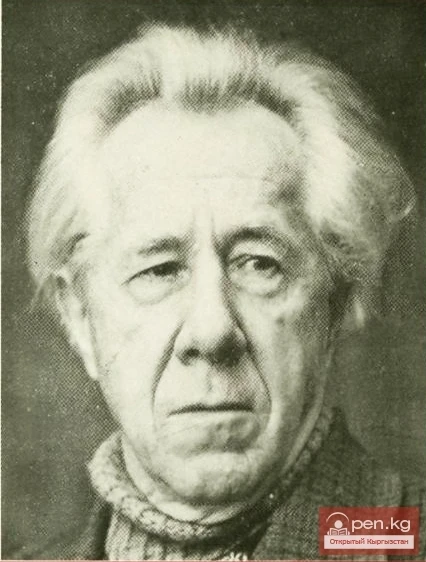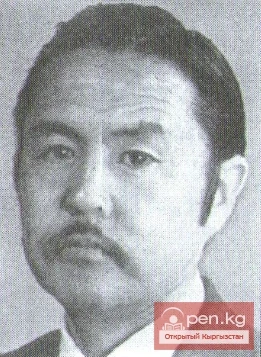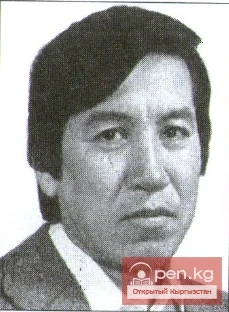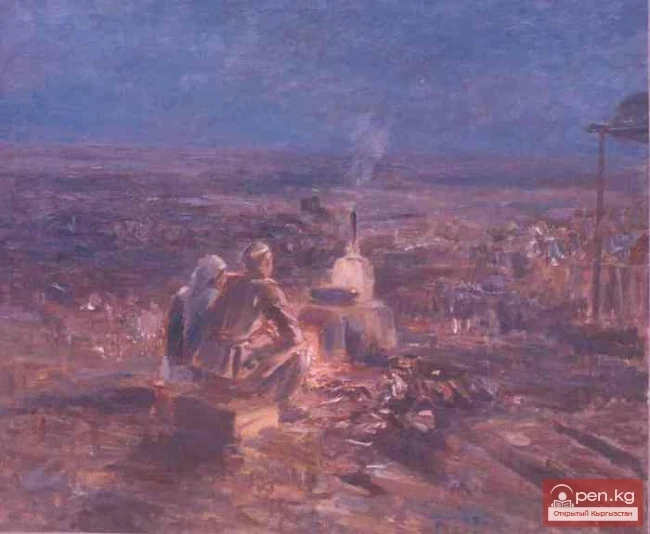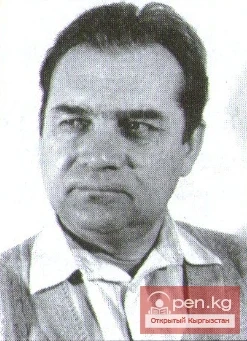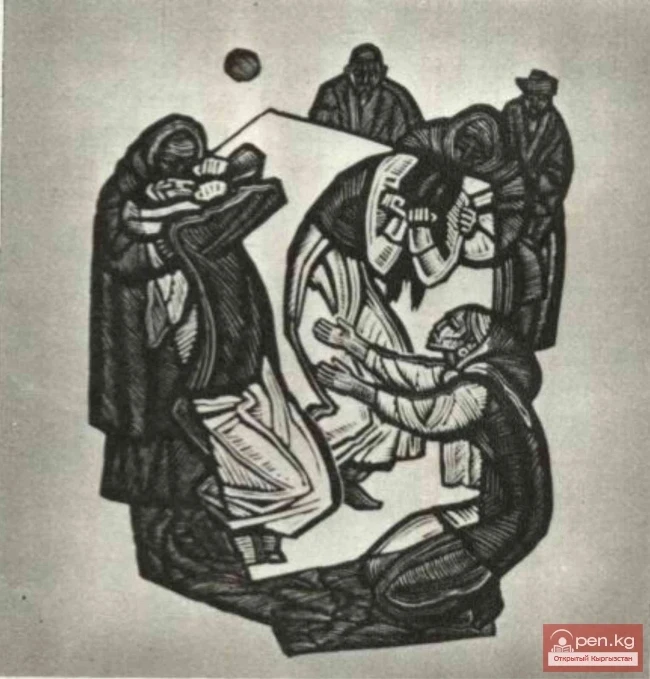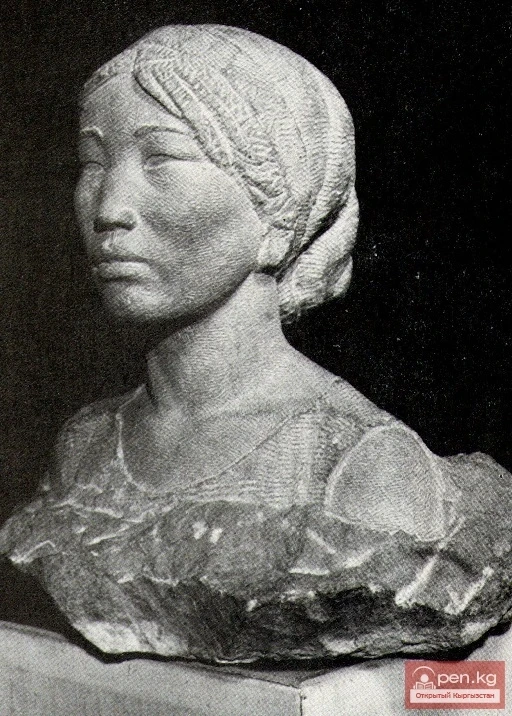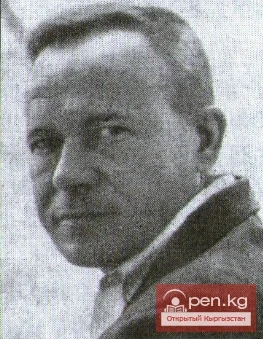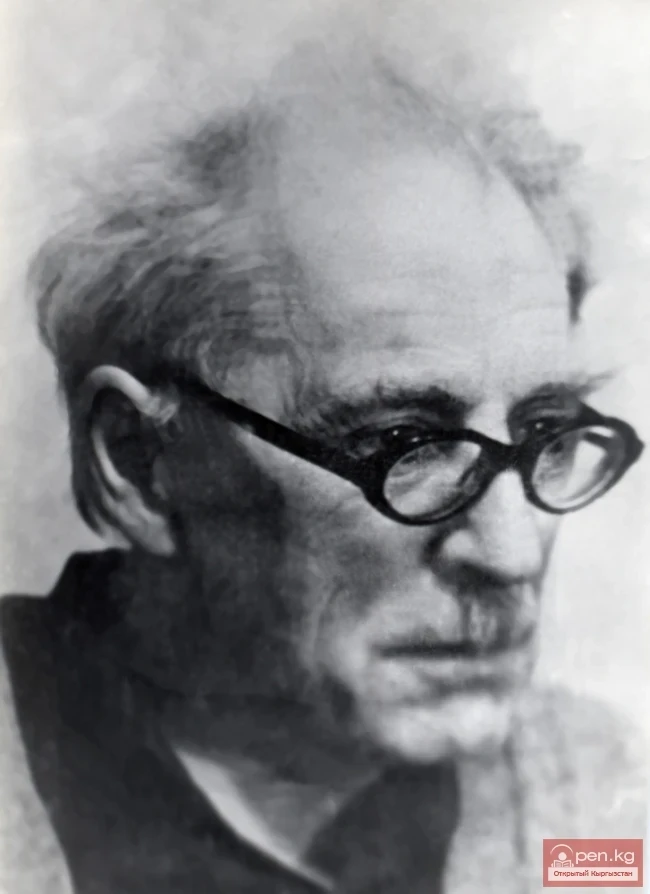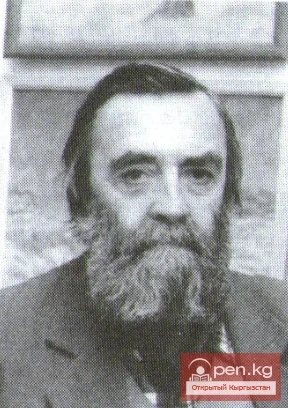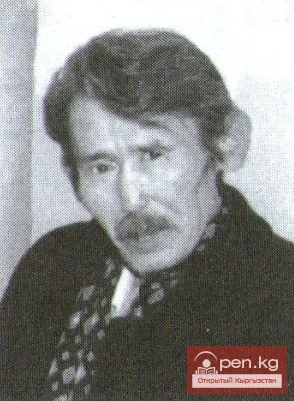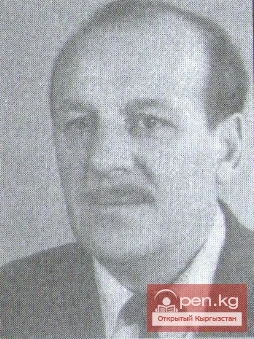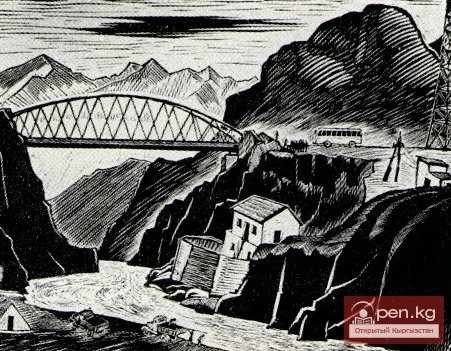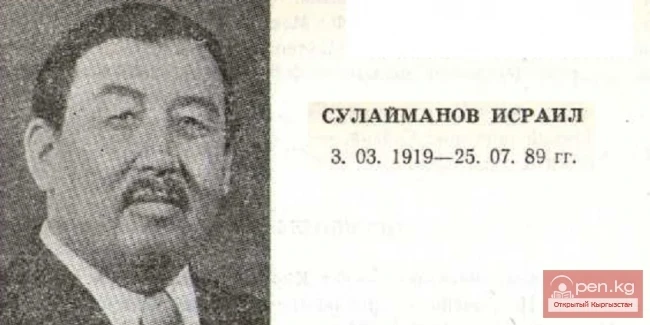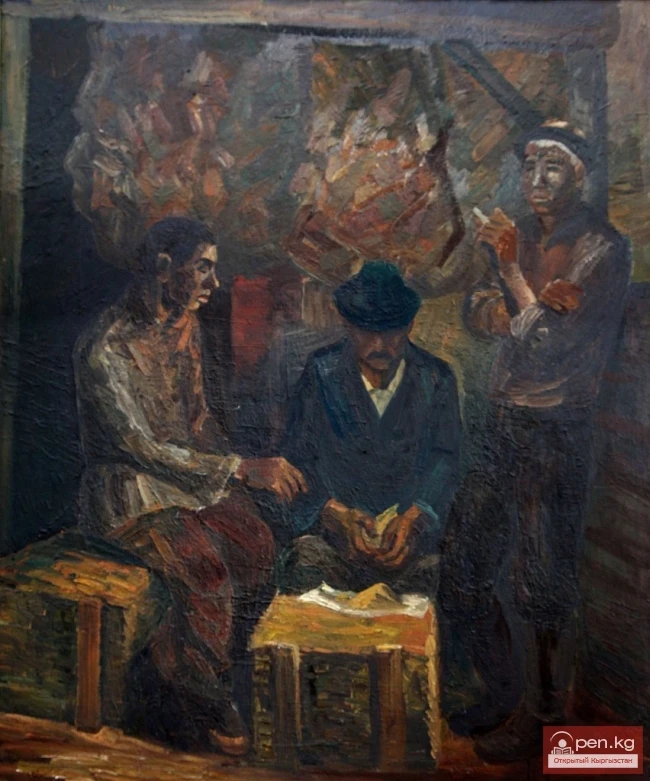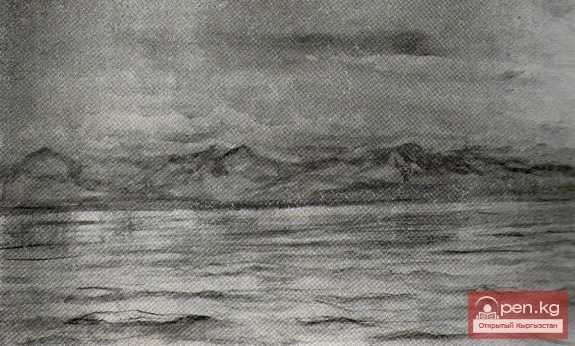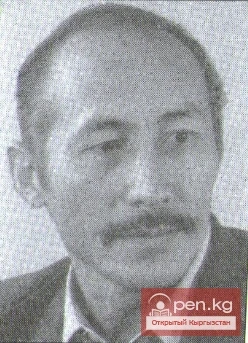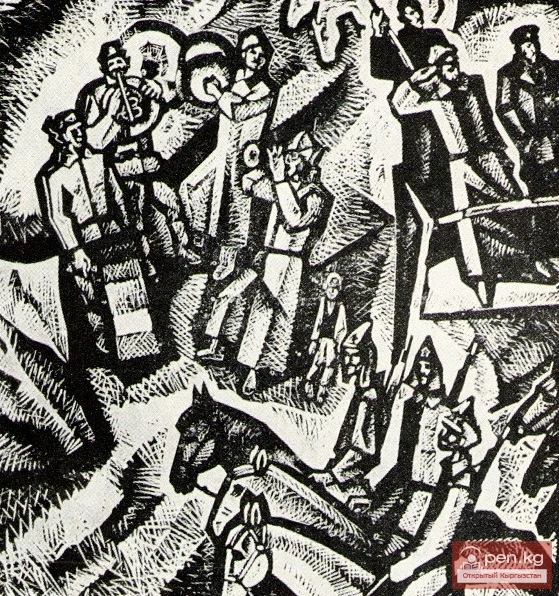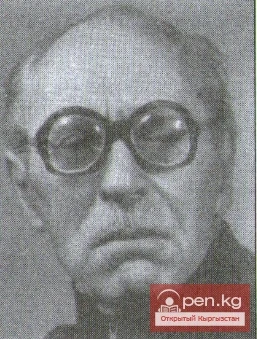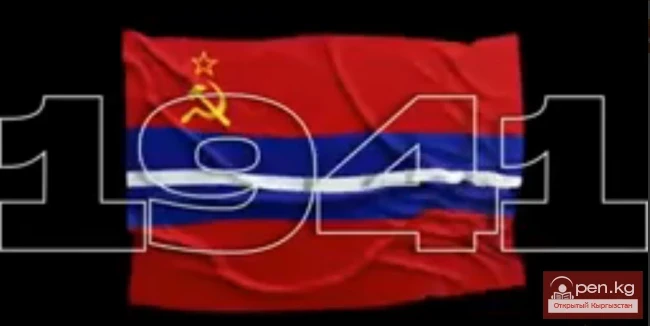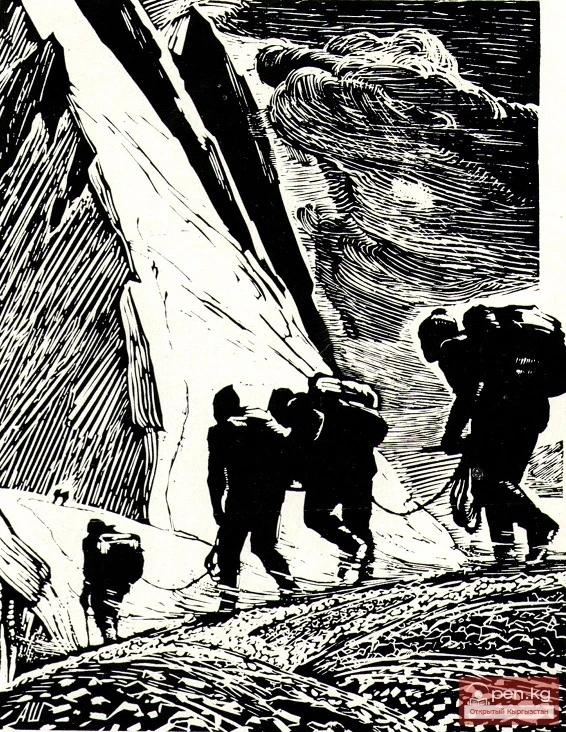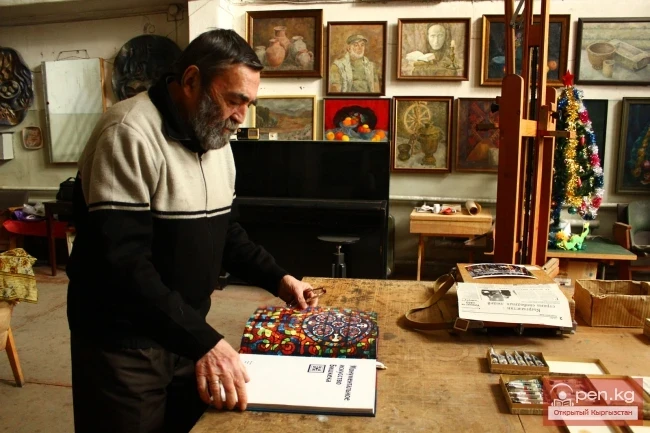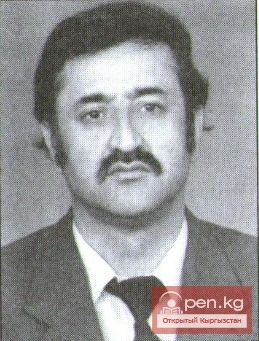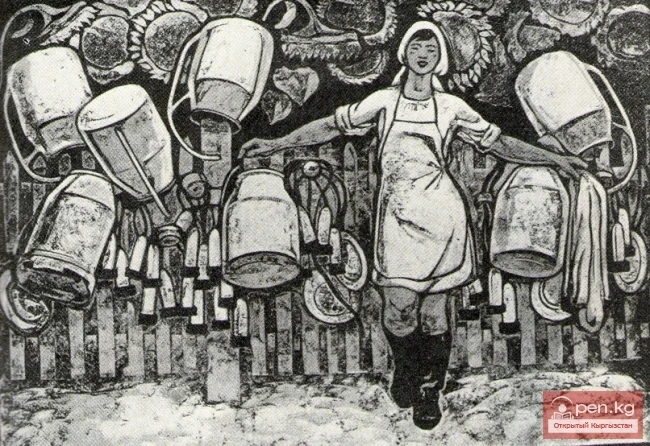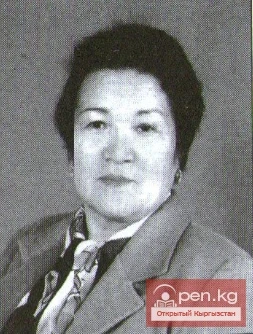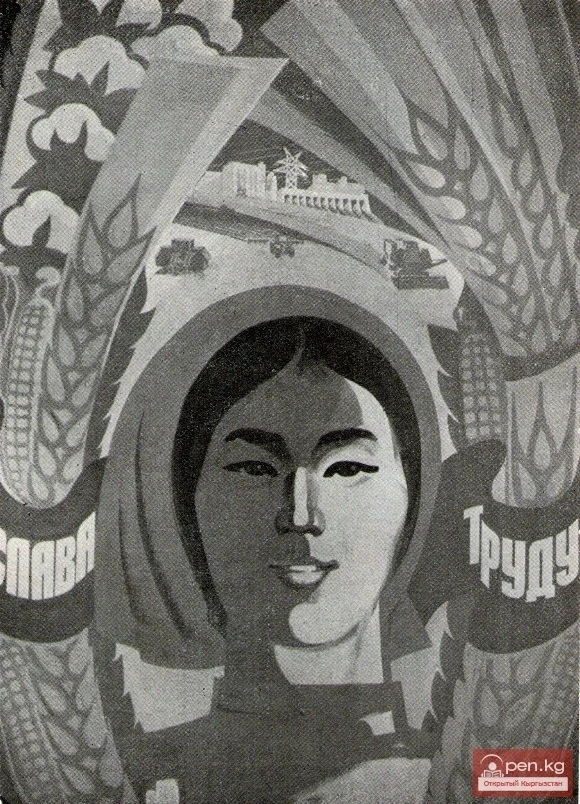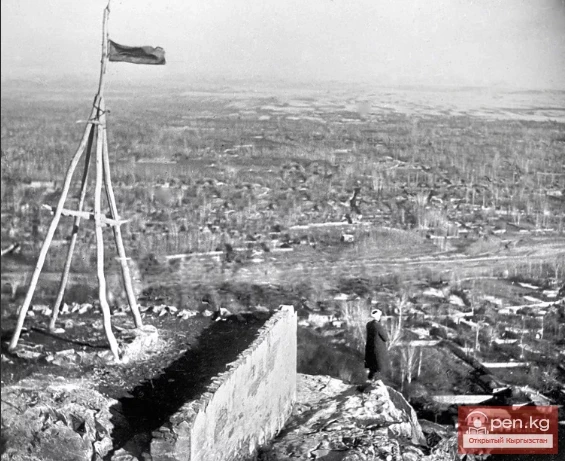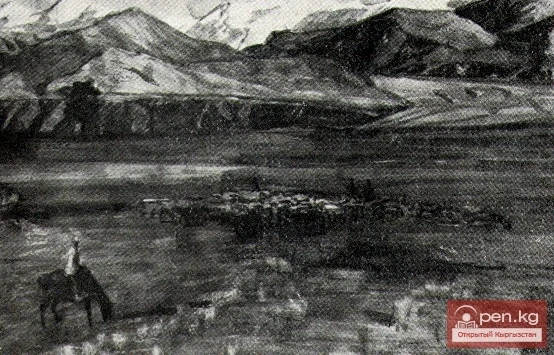
Years of hard work were devoted to the watercolors of R. Nudel. His watercolors "are mainly painted from life, yet they are compositional due to the constructive clarity of forms, plastic and color integrity." He was one of the first in Kyrgyzstan to master the techniques of modern watercolor painting on wet paper, which produces effects of saturation and density of color. A well-known cycle of his from the 1960s consists of sheets painted during a trip to Uzbekistan ("Khiva. Caravanserai," "Shakhi-Zinda," "Samarkand. Outskirts," "Old Town," 1968; and others), where the active artistic perception of the watercolorist and his emotional immersion in the unique culture of medieval Eastern architecture are reflected. In his watercolors, R. Nudel created significant thematic cycles, mainly dedicated to contemporary Kyrgyz reality ("Girls from the Wool Factory," 1969; "People of One Village," 1971; "Workers of the Frunze Automobile Assembly Plant," 1971; "KAMAZ," 1971; "Tokmak Glass Factory," 1975; "Industrial Rhythms," 1979). The best sheets of the series show the labor intensity of modernity, the beauty of humanity, and the vivid impressions of the artist. On a historical theme, he created the triptych "1919. Turkestan" (1971). The theme of the Great Patriotic War is also important for Nudel, as he experienced it as a direct participant in its events. The artist created the triptych "Through the Roads of War" (1975), the sheets of which are retrospective, made from memory of the war years, but, as poet Yu. Smyshlyaev writes, contemplating them, "one cannot shake off the impression that the destructive tragedy of war is observed not from a bird's eye view (as directly on the sheets), but right here, on the spot."
Nudel painted many individual major-toned landscapes, portraits, still lifes, in which he expressed his concern for life, humanity, and the world of things ("Evening on the BChK," 1966; "Landscape with a Mazar," 1967; "Before the Storm," 1970; "Landscape with Blue Flowers," 1970; "Mountains of Kadzhisay," 1970; "Young Worker," 1973; "Aitiev in the Plein Air," 1975; "Portrait of a Foreman," 1976; and others).
In the 1980s, working extensively in drawing and printmaking techniques (linocut, lithography), Nudel returned to watercolor, achieving an emotional imagery in his sheets through increased density and decorative quality of color, and a strict selection of plastic and compositional means.
